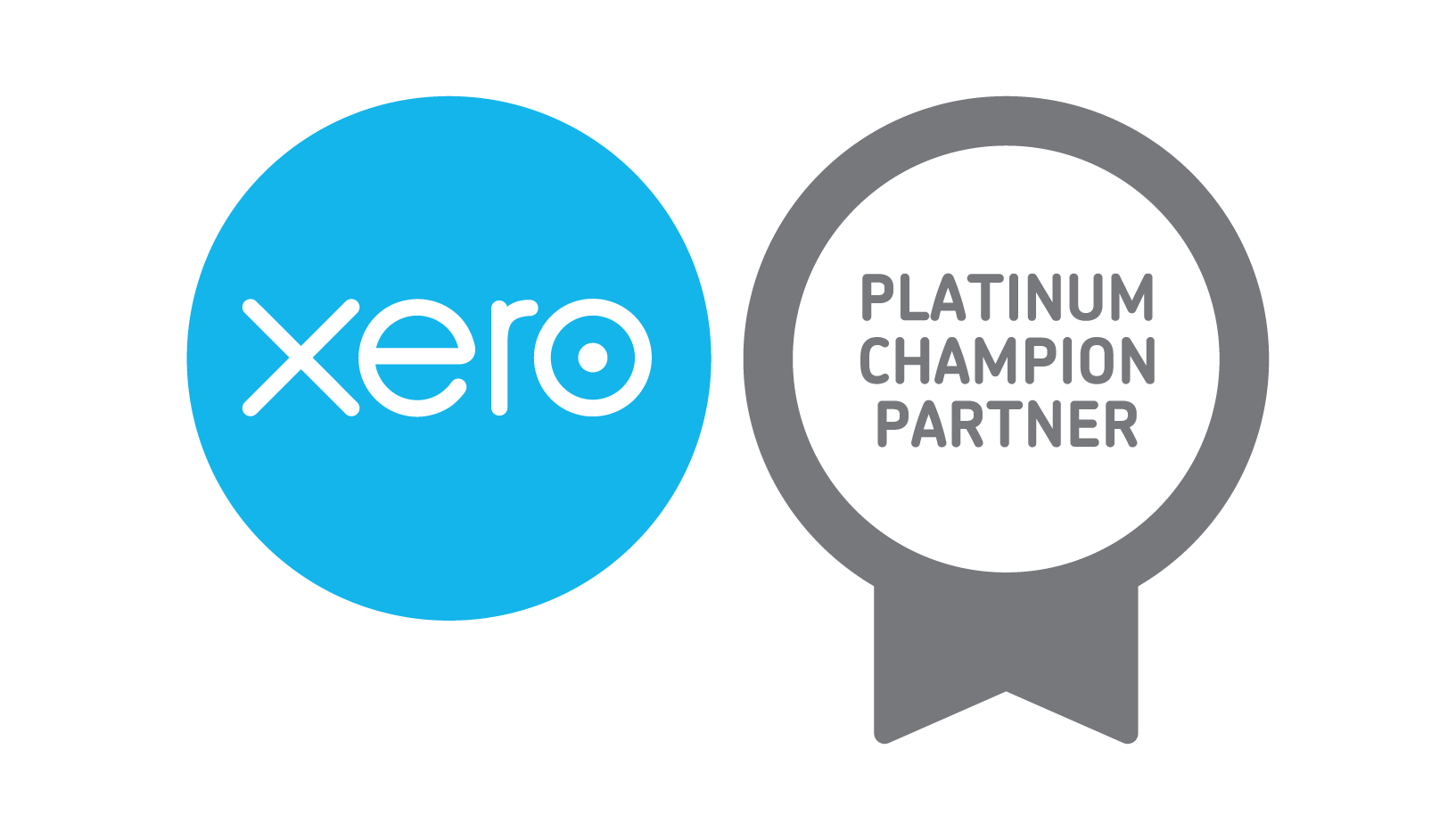Paying honorariums
Are you paying guest speakers and other volunteers correctly?
Note: since the original publishing of this post there has been some clarification on who can and cannot use a Statement by Supplier form. The text of this post has been updated to reflect this but the accompanying video has not been altered (edited 27 March 2025).
When it comes to paying honorariums it's not quite as simple as giving cash a cash gift or making a one-off transfer into a personal bank account. Read on to discover the different things you need to consider.
According to the ACNC...
The Australian Charities and Not-For Profit Commission approach payments of honorariums from a governance perspective. They define an honorarium as "an honorary payment made to someone without obligation in recognition of their professional service". They expect that such payments will be token in nature. It should not provide the individual with a sizeable or significant personal benefit.
It’s up to your church’s 'Responsible Persons' to determine an acceptable value (for a definition of responsible persons, see the ACNC website, but is someone who is responsible for governing the church such as elders or the board). What is clear is that they need to consider the financial position of the church and it’s ability to carry out it’s charitable purposes. This could mean that, given the differing financial position of churches, a $100 honorarium might be acceptable in one church and not in another.
The ACNC also give a range of legal considerations to keep in mind when considering an honorarium - you should check out the link below to read them in full. One point to highlight is the giving of an honorarium to a 'Responsible Person' or their relative needs to be disclosed as a conflict of interest, otherwise the church is breaching ACNC Governance Standard 5.
According to the ATO...
The Australian Taxation Office want you to consider whether the payment to a volunteer is assessable income in the hands of the person receiving it. They outline that where amounts are earned, expected, relied upon and have an element of periodicity, recurrence or regularity should be treated as assessable income of the volunteer. If the person’s activities are a pastime or hobby – rather than income producing – money and other benefits received by them for those activities are not assessable income. The ATO provides a more detailed list of characteristics for income that is not assessable, check out the link to read those.
You need to consider the specific circumstances of the person you are making the payment to. You cannot make a blanket decision that covers all payments.
When it comes to honorariums specifically, the ATO wants you to consider whether the payment is:
- An honorary reward for voluntary services, or
- A fee for professional services voluntarily performed.
The difference essential comes down to whether the person performing the service is a “professional” (i.e. do they do this kind of thing for a living). Where they are a professional, the honorarium should be treated as assessable income and needs to be paid in a way that flags it as such
In a church context, the most common example of honorariums are payments to guest speakers. A visiting Pastor from another church, a person representing a mission agency, even a missionary themselves are likely to be considered professional speakers. Such payments are considered assessable income. You can still pay an honorarium but the way you make the payment will be different.
The best way to deal with honorariums to professionals (in our example, to Pastors or speakers from other organisations) is to send the money to their employer. You could request an invoice from their church/organization or you can raise a recipient-created tax invoice (including GST, if the recipient is registered for GST). It is then up to the other church/organization to pass that money on to the Pastor as per their policies, which should be through payroll.
If the speaker has their own ABN, they can issue an invoice to you or you can raise a recipient created tax invoice and make the payment as they direct.
Every other “type” of speaker will need to complete a ‘Statement by a supplier’ form from the ATO. This form essentially outlines the reason why the person is not providing an ABN, and covers things like:
- International speakers
- Guest speakers filling in as part of a “past time or hobby”
- Payments under $75
Note that if a person is receiving a payment for the supply as a religious practitioner, they are not permitted to use the Statement by Supplier form. This means that if a visiting speaker is a Pastor from another church who is entitled to receive exempt benefits then they cannot use this form. The payment must be forwarded to their employer, or if they have an ABN they should issue an invoice.
These similar considerations apply to other types of honorariums your church may want to make to any type of volunteer.
As you can see, making such payments is not as straight forward as you may think and depends on the circumstances of your church and your volunteers. The information here is not intended to provide legal or financial advice, so make sure you seek out professionals to help with your specific circumstances. Hopefully we have provided you with the right questions to get the conversation with your advisors rolling.
...
Sources:
https://www.acnc.gov.au/tools/guides/gifts-and-honorariums
https://www.ato.gov.au/non-profit/your-workers/your-volunteers/paying-volunteers/
https://www.ato.gov.au/Non-profit/Your-workers/Your-volunteers/Paying-volunteers/Honorariums/
https://www.ato.gov.au/uploadedFiles/Content/MEI/downloads/BUS38509n3346_5_2012.pdf
https://www.ato.gov.au/Forms/Recipient-created-tax-invoices/





























